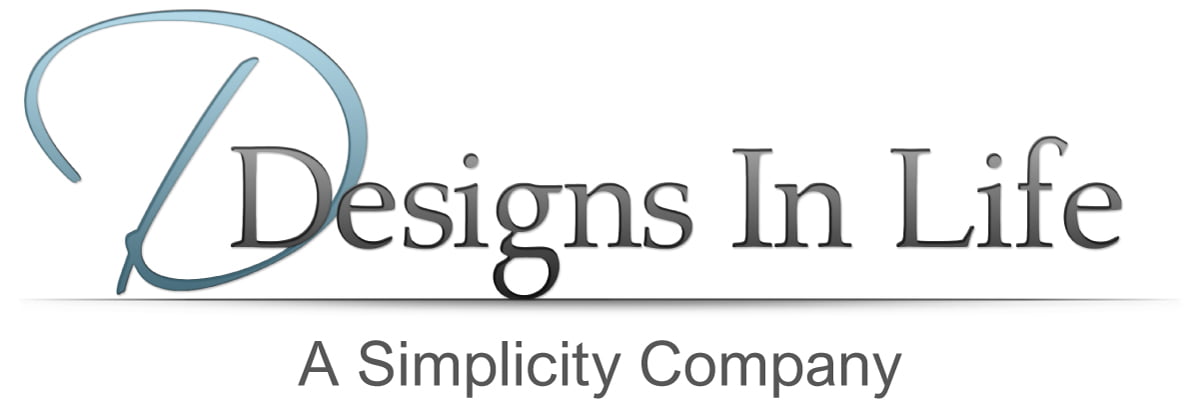“So, what do you do?”
Just about all of us get this question from time to time and it is incumbent that we have a concise and value-driven, answer. Some call this the “elevator talk”, or “elevator answer”. It’s an opportunity to present oneself as a confident and knowledgeable profession without the sales pitch. Some suggestions for creating one or improving the one that you have:
Time-constraint – 30 seconds MAX (shorter if possible). Remember that from the outset and when you’re done, STOP TALKING.
Be concise: Clearly state your “job title”. If you don’t have an official job title, make one up that in some way says what you do. Follow that with something that will relate you to the one inquiring, such as “I work primarily with [whatever]. (NOTE: Don’t worry about long pauses or no immediate response to your answer. Some people like to digest what you’ve just said, especially if you are a fast talker. They’ll respond. If you can’t stand the silence, you may come off as too wordy or lacking confidence.)
If they haven’t already told you what they do, Return the question: Ask, “And, what is it that you do?”, keep eye contact, and then listen. Try to catch any clues about mutual business focus or client types. For example, the person may say “We work exclusively with high-net worth clients” or “I’m involved with quality control.” If you have commonality, in one brief sentence, state what that might be as a response.
State a SINGLE value position. People can buy product or service from anyone. What differentiates you from the competition? This can be like a motto or an ethical standard worked into the conversation, such as “We stay in front of the technology wave”, or “We constantly research the market for the most cost-efficient way to solve a problem”, or “I seem to spend a lot of my time cleaning up the messes that others make.” Be sure to infuse enthusiasm for what you do into the answer. Let the person know that you really love what you do and that you buy or have bought the product or service you represent and that you’re glad you did. Pause for a possible response. If none….
Close the conversation: He or she started it – you finish it. (Your 30 seconds are up!) If appropriate, restate any common ground with something like, “Sounds like we might be of help to one another.” or some other type of tie-in for future communication. Be sure to have a business card ready and ALWAYS ask for the card of the person you are talking with. If they don’t have one, have them jot down at least a phone number or an email address on the back of one of your cards with THEIR NAME.
Follow up: This is not a sales call or an email with a bunch of product/service attachments. It is a simple statement of the pleasure of meeting the person you talked to and your contact information. If it’s a phone call, give your phone number right after your name. Speak each number just a little more slowly and a little more firmly than your usual speech, and then repeat it at regular speed. (You can’t imagine how much a person will appreciate that one, simple courtesy – and, they probably won’t have to replay your message. But, if they do, they’ll have it at the beginning of your message.) Be brief.
Obviously, each of these ideas would include fitting them to your own style and occupation. But, have an outline in your head, ready to go, anytime a person pops the question.
Practice from time to time with a colleague, close friend, or spouse. Record it to see if you inadvertently change the pitch of your voice or stutter a lot (“um”, “like”, “so”, etc.). How do you sound? Would you like to do business with you based on your elevator talk? That’s the objective – to open a relationship and hopefully do some business together.
